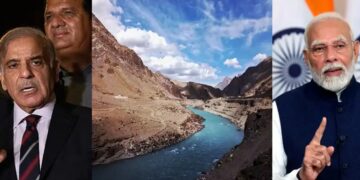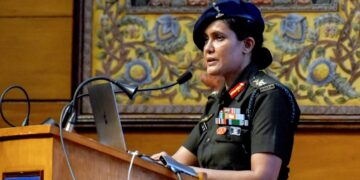The Supreme Court has rejected multiple petitions requesting the cross-verification of votes cast through Electronic Voting Machines (EVMs) with Voter Verifiable Paper Audit Trail (VVPAT) machines. The apex court’s bench emphasized the importance of fostering harmony and trust among all institutions for the sake of democracy.
Prime Minister Narendra Modi, addressing a rally in Bihar’s Araria, seized the opportunity to criticize the RJD and Congress, accusing them of neglecting the Constitution and democratic principles. PM Modi alleged that during their rule, instances of booth capturing were rampant, depriving citizens of their right to vote freely.
Furthermore, PM Modi asserted that the Opposition’s resistance towards EVMs stemmed from their fear of losing the strength of honest voters. He welcomed the Supreme Court’s verdict affirming that the antiquated system of ballot paper voting will not be reinstated.
Accusations Against Congress Over Reservation Policy
PM Modi further accused the Congress, alleging a conspiracy to alter reservation policies to appease certain communities. He claimed that like in Karnataka, where Muslims have been included in the OBC quota regardless of financial status, the Congress aims to replicate this model nationwide, including in Bihar.
The Prime Minister accused the Congress of betraying the interests of Scheduled Castes (SCs), Scheduled Tribes (STs), and Other Backward Classes (OBCs) by attempting to implement religion-based reservations, contrary to the principles laid down by Babasaheb Bhimrao Ambedkar.
The unfolding events highlight the escalating tensions between the ruling party and the opposition, with accusations and counter-accusations dominating the political discourse ahead of crucial elections. The Supreme Court’s verdict on EVMs adds another layer to the ongoing debate over electoral integrity and transparency.

















Comments